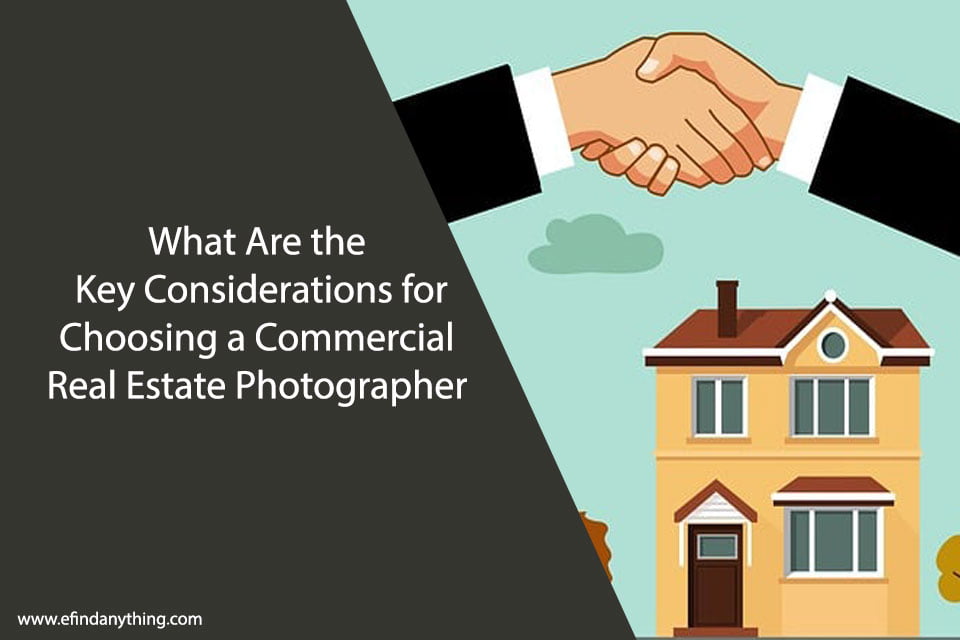
In the competitive world of commercial real estate, effective marketing is crucial to stand out in the market. A critical component of successful marketing is high-quality photography. Choosing the perfect photographer can make all the difference in presenting your property in the best light when it comes to commercial properties. This article explores the key considerations for choosing the right photographer for commercial real estate photography.
Table of Contents
1. Experience and Expertise
When selecting a photographer for your commercial property, one of the most important factors to consider is their experience and expertise. Commercial real estate photography is a specialized field, and it requires a certain level of knowledge and skill to capture properties effectively.
Search for photographers with a proven track record in this field. Ask to see their portfolio, which should showcase a variety of commercial properties they have photographed. Experienced photographers understand how to highlight the unique features of commercial spaces, making them more appealing to potential buyers or tenants.
2. Quality of Portfolio
Reviewing a photographer’s portfolio is an excellent way to assess their style and the quality of their work. Pay close attention to their photos’ clarity, composition, and lighting. The portfolio should reflect their ability to capture the essence of a property and make it visually appealing.
Consider whether the photographer’s style aligns with your vision for presenting the property. Do they excel at capturing commercial spaces’ architectural details, spaciousness, and ambiance? The portfolio should give you confidence in their ability to showcase your property effectively.
3. Equipment and Technology
Photography equipment and technology play a significant role in producing high-quality images. A professional photographer should have access to top-notch equipment, including high-resolution cameras, hi pod, wide-angle lenses, and lighting gear.
Additionally, inquire about their post-processing techniques. Skilled photographers use software like Adobe Photoshop or Lightroom to enhance and edit images, ensuring they meet industry standards for clarity and visual appeal. Ask about their workflow and how they plan to optimize the images for various marketing materials.
4. Understanding of Commercial Real Estate
Commercial real estate is a unique market with its own set of trends, requirements, and target audiences. An ideal real estate photographer should deeply understand this market. They should know how to capture potential buyers’ or tenants’ most important features, such as office layouts, retail storefronts, or industrial spaces.
A photographer who understands the needs of the commercial real estate industry can work collaboratively with real estate professionals to create images that resonate with the target audience. They can also provide valuable information on how to display the property successfully.
5. Professionalism and Communication
Working with a photographer requires effective communication. They should be professional, responsive, and able to understand your goals and preferences. A skilled photographer will listen to your needs, offer suggestions, and work collaboratively to achieve the desired results.
Additionally, consider their ability to meet deadlines and deliver images promptly. Timely delivery is required in the fast-paced world of real estate, where properties can go on and off the market quickly.
Conclusion
Selecting the right commercial real estate photographer is an important decision that can impact the marketing and success of your property. By considering factors such as experience, portfolio quality, equipment, understanding of the market, professionalism, and budget, you can make an informed choice that aligns with your goals and helps you present your commercial property in the best possible light.





